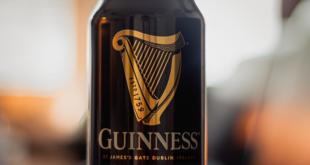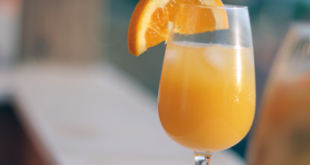From Hollywood films to Halloween costumes, one image of the pirate has remained constant: a weather-worn sailor, cutlass in one hand and a tankard of rum in the other. But the association between pirates and rum isn’t just fantasy—it’s a blend of history, necessity, and culture. Here’s how rum became the drink of choice on the high seas and why it’s forever tied to the Golden Age of Piracy.
1. Rum Was Readily Available in the Caribbean
Pirates roamed the Caribbean and Atlantic during the 17th and 18th centuries—a region that just happened to be the epicentre of the sugar trade. Sugarcane plantations produced molasses as a by-product, and distilling that molasses gave birth to a new, potent spirit: rum.
As rum production exploded in the West Indies (particularly Jamaica, Barbados, and Hispaniola), the spirit became incredibly cheap and accessible. For pirates who often raided these islands or traded with local smugglers, rum was the easiest liquor to obtain.
2. It Replaced Beer and Water on Long Voyages
Freshwater on ships would spoil quickly, growing algae and bacteria. Beer and wine, which lasted longer, were often reserved for officers or higher-ranking naval crews.
Enter rum: it kept indefinitely, was far more potent, and took up less storage space. It became the go-to ration for sailors—including pirates. Mixed with water (creating what was known as “grog”), it made spoiled water drinkable and boosted morale among the crew.
3. The Royal Navy Popularised It First
Pirates didn’t invent rum rations—the Royal Navy did. Starting in the mid-1600s, British sailors were issued daily rations of rum, a tradition that continued in some form until 1970. Pirates, many of whom were former naval sailors or merchant seamen gone rogue, carried these habits into their new lives.
They simply took the idea a few (dozen) steps further, trading discipline for indulgence and turning the daily ration into a full-blown party.
4. Pirate Havens Were Fueled by Rum
Pirate-friendly ports like Tortuga, Port Royal, and Nassau were overflowing with taverns, brothels, and makeshift distilleries. Rum flowed freely in these pirate “cities,” becoming both a currency and a celebratory staple.
Pirates spent their plunder on food, drink, and entertainment—and rum was the common denominator in almost every transaction and gathering.
5. Rum Was Democratic (and Dangerous)
Unlike wine and brandy, which were seen as the drink of aristocrats and officers, rum was a drink of the people. On pirate ships, where crews often shared loot equally and voted on leadership, rum was a great equaliser.
However, overindulgence had consequences. Drunken mutinies, fights, and poor decisions were common, and many pirate codes included rules about when and how rum could be consumed—showing it was both beloved and dangerous.
6. Rum Became Part of the Pirate Myth
Thanks to 18th and 19th-century literature—and later, Hollywood—rum became a cultural shorthand for piracy. Characters like Long John Silver, Captain Jack Sparrow, and Blackbeard himself are almost always shown with rum in hand, cementing the connection in the public imagination.
Add to that real-life pirates like Blackbeard, who was said to mix gunpowder into his rum, and the myth practically wrote itself.
Final Toast: More Than Just a Drink
To pirates, rum was more than a buzz—it was medicine, morale booster, currency, and tradition. It fuelled celebrations, soothed hardships, and in many cases, led to their downfall. Whether sipping it on deck or guzzling it in a portside tavern, rum was the lifeblood of pirate culture—and remains a symbol of their rebellious legacy.
So next time you raise a glass of dark, spicy rum, give a nod to the swashbucklers of old—and drink like a pirate (responsibly, of course).
 Vino-Club For Wine Lovers
Vino-Club For Wine Lovers






